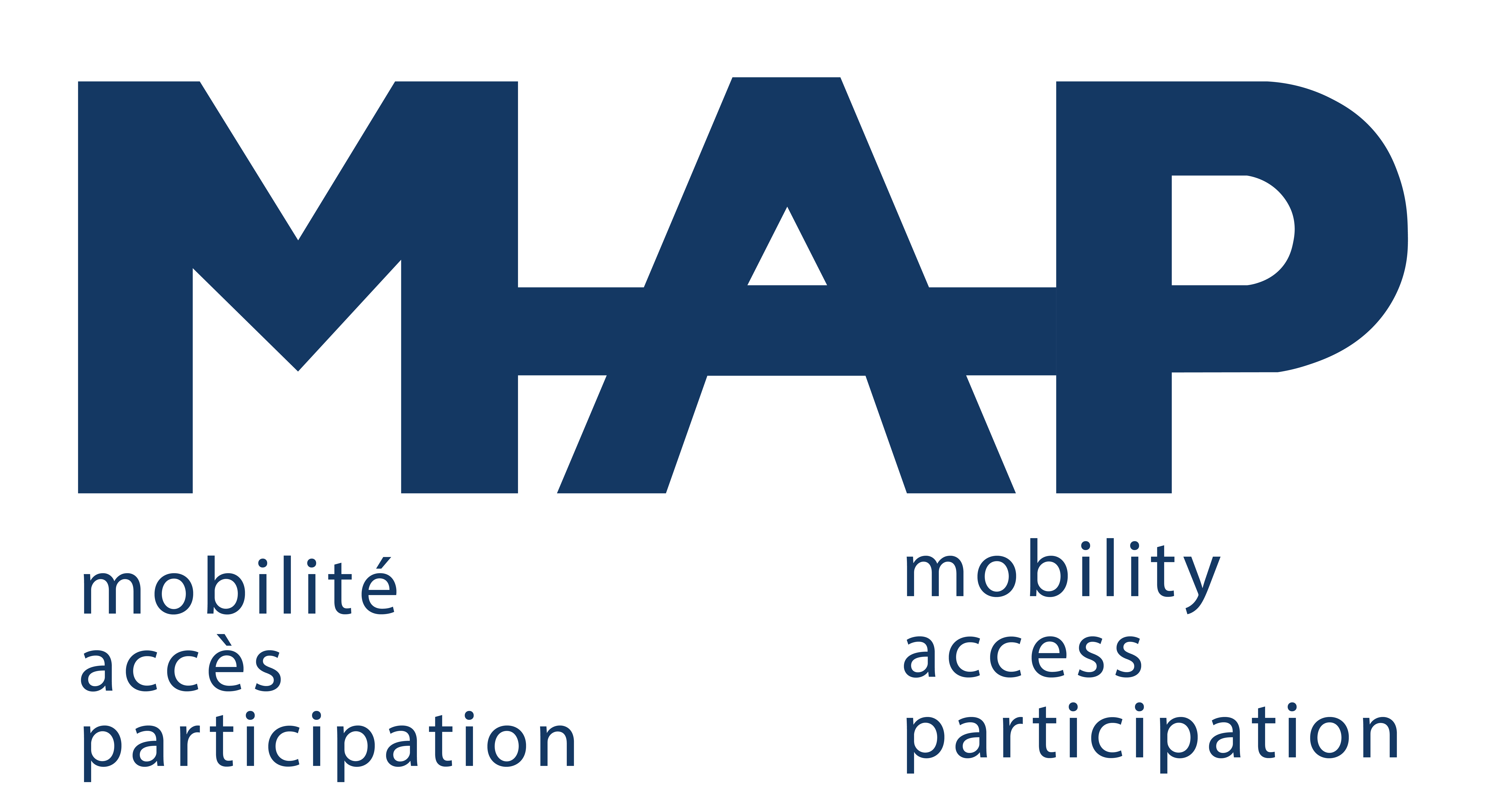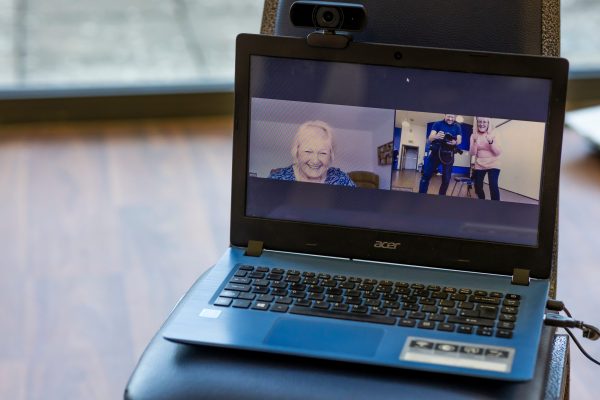Title: Providing community services for persons with disabilities during the COVID-19 pandemic: A scoping review
Objective: The aim of the study is to identify scientific literature that examines how community organisations and municipalities adapted services and resources provided to people with disabilities as a result of the COVID-19 pandemic. This will allow to an understanding of how organisations pivoted to accommodate challenges associated with the COVID- 19 pandemic and key strategies that can be utilised currently and in the future.
Method: A scoping review was conducted by searching different databases in January 2021. A multidisciplinary research team (e.g., rehabilitation, gerontology, engineering) of seven co-authors (researchers, postdoctoral fellow, graduate, and undergraduate students, and two librarians), with experience conducting literature reviews collaborated on this review. To be included, studies needed to focus on community and public services provided to people with physical or cognitive disabilities and services adapted to the COVID-19 pandemic. The study selection was done by identifying the relevant studies from the literature, screening the studies by applying the criteria to the titles and abstracts, then examining the full paper and finally extracting the data. Two co-authors independently completed these steps, documented the reason for exclusion and then compared their results to limit human error. Disagreements between the two co-authors were either resolved by consensus or by another co-author.
Results:
- Fifteen studies have been included from the initial search strategy of 7651 studies.
- 53% of the studies were conducted in the US.
- Most services and resources (68%) involved some form of preventive healthcare (e.g., home care services) provided by some organizations (e.g., municipalities, governmental organizations, etc).
- Most of these organizations (60%) delivered services to older adults, 20% delivered services to individual with intellectual disability, respectively 7% targeted all persons with disability, 7% targeted people with Parkinson’s Disease and 7% targeted individual who had experienced a stroke.
- 53% of the studies reported that virtual services were described as valuable and resulted in improved outcomes (e.g., social skills, quality of life, cognitive score).
- However, this online transition process has required an increased workload from managers, as 13% of the studies reported.
- As 7% of the studies highlighted, this negatively impacted the quality of communication between organizations and their members.
- As a matter of fact, all studies reported some form of barriers when pivoting those services, such as technology difficulties
- Concerns regarding access to technologies were reported. More isolated people or people living alone was also reported as a barrier to accessing services.
- On another hand facilitators were also reported in 80% of the studies, such as some form of organisational facilitator (e.g., flexibility, planning).
- Results highlight that the distribution and use of online services has increased since the COVID-19 pandemic.
Conclusion: The 15 papers published since the beginning of the Covid-19 pandemic, included in this scoping review, showed how community organizations and municipalities have pivoted to maintain their service offering to people with disability despite the social distancing measures. Online services delivery has increased during this period with valuable outcomes including the various barriers and facilitators that the organizations may have experienced.
What this paper adds to what is known about this topic:
- Fifteen studies (between January 2021 and August 2021) presented the adaptations that community organisations or municipalities had to make to provide services and resources to people with disabilities during the COVID-19 pandemic.
- Most studies concerned community organisations delivering resources and services for health prevention for older adults.

